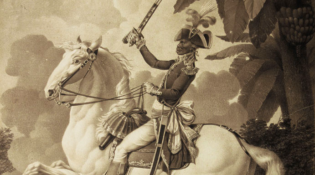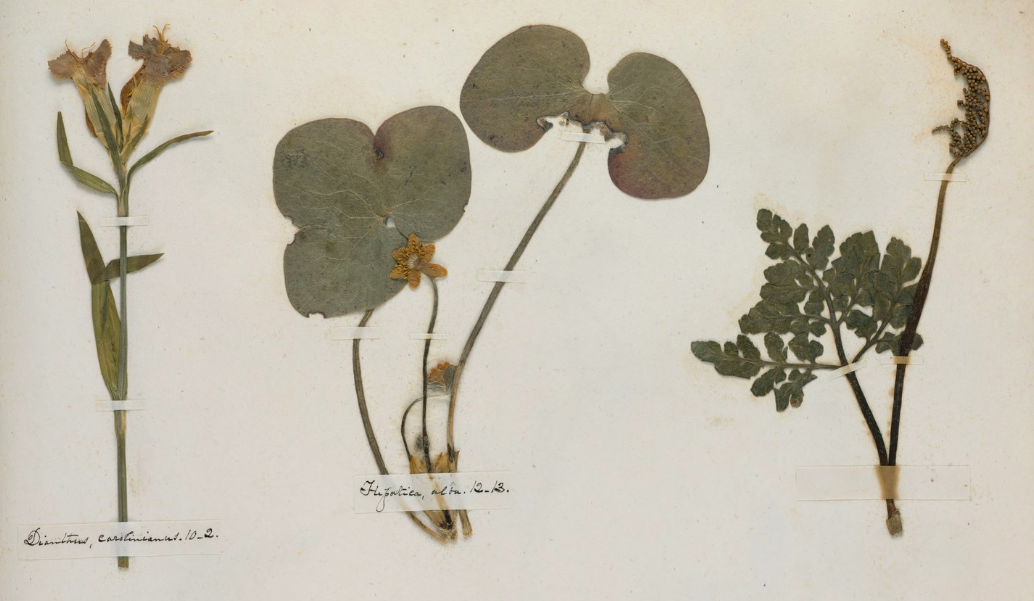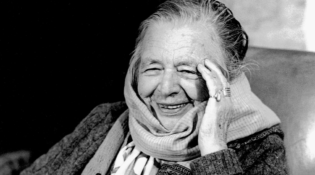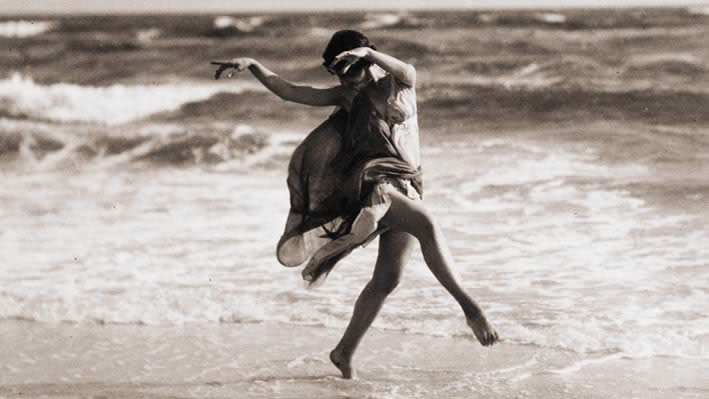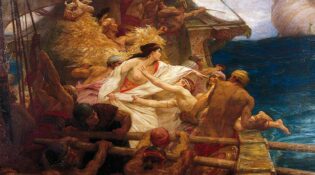On Nonfiction
If the stillness is Volcanic: Sara Dosa’s Fire of Love (2022) and Werner Herzog’s The Fire Within (2022)
Dosa and Herzog invest their gaze on two decidedly different surfaces of the taut rope on which Katia and Maurice walk: the glow and the burn.
A Stone in the Hat: Joseph Conrad and Neil Munro
It surprises us because we see Conrad, usually seen as a rather sombre figure, indulging in drunken juvenile japery.
Finding Toussaint Louverture, Spartacus of the Haitian Revolution
Contemplating Toussaint Louverture’s unfulfilled promise alongside his immense accomplishments.
An Attention to What Continues: Two Books on Herbaria
A meditation on the collection, mounting, and exchange of botanical specimens.
Virginia Woolf for FCC Chair!
Woolf’s critique of media concentration, slyly embedded in Three Guineas (1938) is highly relevant today.
Marguerite Yourcenar’s Revenants
Yourcenar’s superb three-volume set of memoirs, is a twentieth-century masterpiece.
For Nietzsche, life’s ultimate question was: ‘Does it dance?’
Friedrich Nietzsche’s body of work is notoriously difficult to navigate. He wrote in multiple styles, including essays, aphorisms, poems, and fiction. He introduced idiosyncratic concepts such as the free spirit,…
Subject to Change: On Not Having, or Being, it All
The word queer has gone through many transformations since it emerged in the 16th century. Originally, it meant “strange,” or “peculiar”: associated meanings included a feeling of unwellness or something…
Change the world, not yourself, or how Arendt called out Thoreau
Thoreau’s theory of civil disobedience inspired some of the world’s greatest political thinkers. Not Hannah Arendt.



